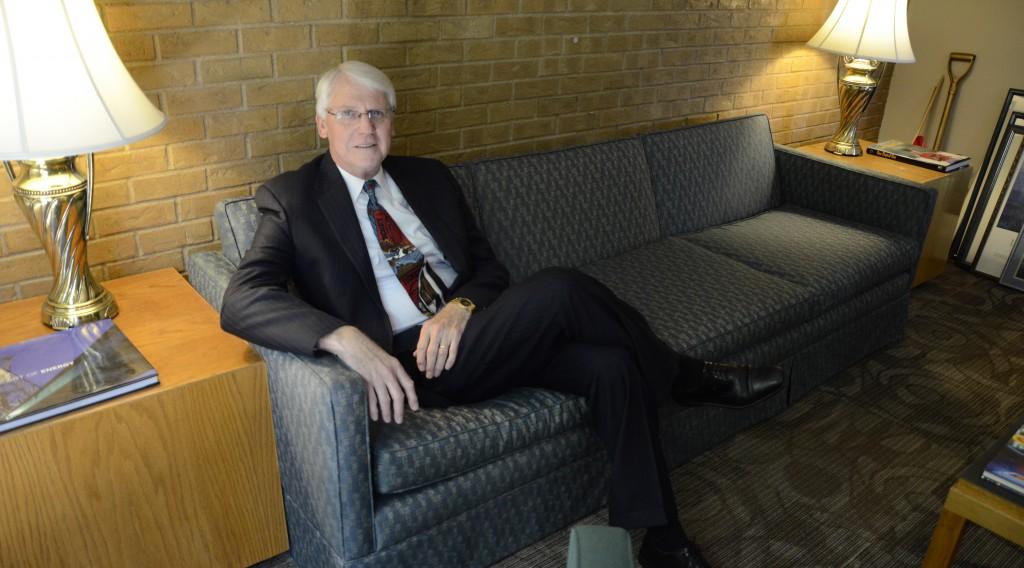by Sarah Allen/reporter
Love is the feeling that guides people. When they don’t have it, they search for it, NW counselors and faculty told students during the annual Love Conference: Surviving the Wrecking Ball of Love, sponsored by the speech faculty April 29.
Love is a short word that is easy to spell, difficult to define and impossible to live without, students heard during four breakout sessions and a keynote address.
Surviving Single Parenthood: Braving the Storm
The main goal when communicating with an ex when children are involved is providing a healthy environment for the children, counselor Jim Sherwood said.
“Your communication with your ex should be direct, professional and respectful,” he said.
When communicating with the other parent, serious issues should not be discussed in front of children. Parents should resist being baited into arguing but should just listen to the ex-partner’s point of view.
“Remaining calm is very important when communicating with your ex,” he said. “Divorce experts and lawyers generally advise you to completely avoid Tweets and Facebook comments about your situation, especially if all is not settled. It will be used against you.”
Sherwood offered relationship-strengthening tips. Parents should develop patterns of loving communication and respect, and compliment their partner regularly, both publicly and privately, he said.
“Discover what your partner wants, how they want to show love, what gifts please them, not what would please you,” he said.
Doing things as a couple strengthens a relationship, Sherwood said. Parents should find activities they both enjoy doing, provide occasional special surprises and share some of their partner’s interests. Sherwood said it’s important to make a commitment to work through problems and strengthen the relationship.
When a problem in the relationship occurs, people should not just keep it inside. It will be more likely to come out in harmful ways if they do, such as blowing up in rage or saying things they will regret. Sherwood said people should deal with issues, be willing to seek professional help to get through issues and learn to develop a healthier relationship.
“Good communication is the key to avoiding misunderstandings and developing a deeper, satisfying relationship,” he said.
Counselor Lily Covio-Calzada explained the five love languages from Gary Chapman’s book by the same name. Some people are verbal, expressing their love in words, she said. Others may never speak their affection, yet they show it by the things they do. Receiving gifts from one’s partner is one of the five love languages. People are moved by the idea that someone is thinking about them enough to give them something, Covio-Calzada said.
“Quality time, acts of service, physical touch and words of affirmation and all key components you need with your partner,” she said.
Sadly, many couples look to receive love the same way they give it, misunderstanding their spouses, Covio-Calzada said. This can lead to quarrels, hurt feelings and even divorce. However, if partners understand each other’s love languages, they can learn to give and receive love more effectively.
People’s self-concept is the controlling factor in their performance, Covio-Calzada said.
“Our self-concept is a combination of all the ideas, thoughts and experiences we have had that form a composite image of the person we believe we are,” she said.
People always perform in a manner consistent with their self-concept, Covio-Calzada said. Understanding of the self-concept is a key to understanding and unlocking human performance.
“Self-concept is made up of three ingredients: self-ideal, self-image and self-esteem,” she said.



























